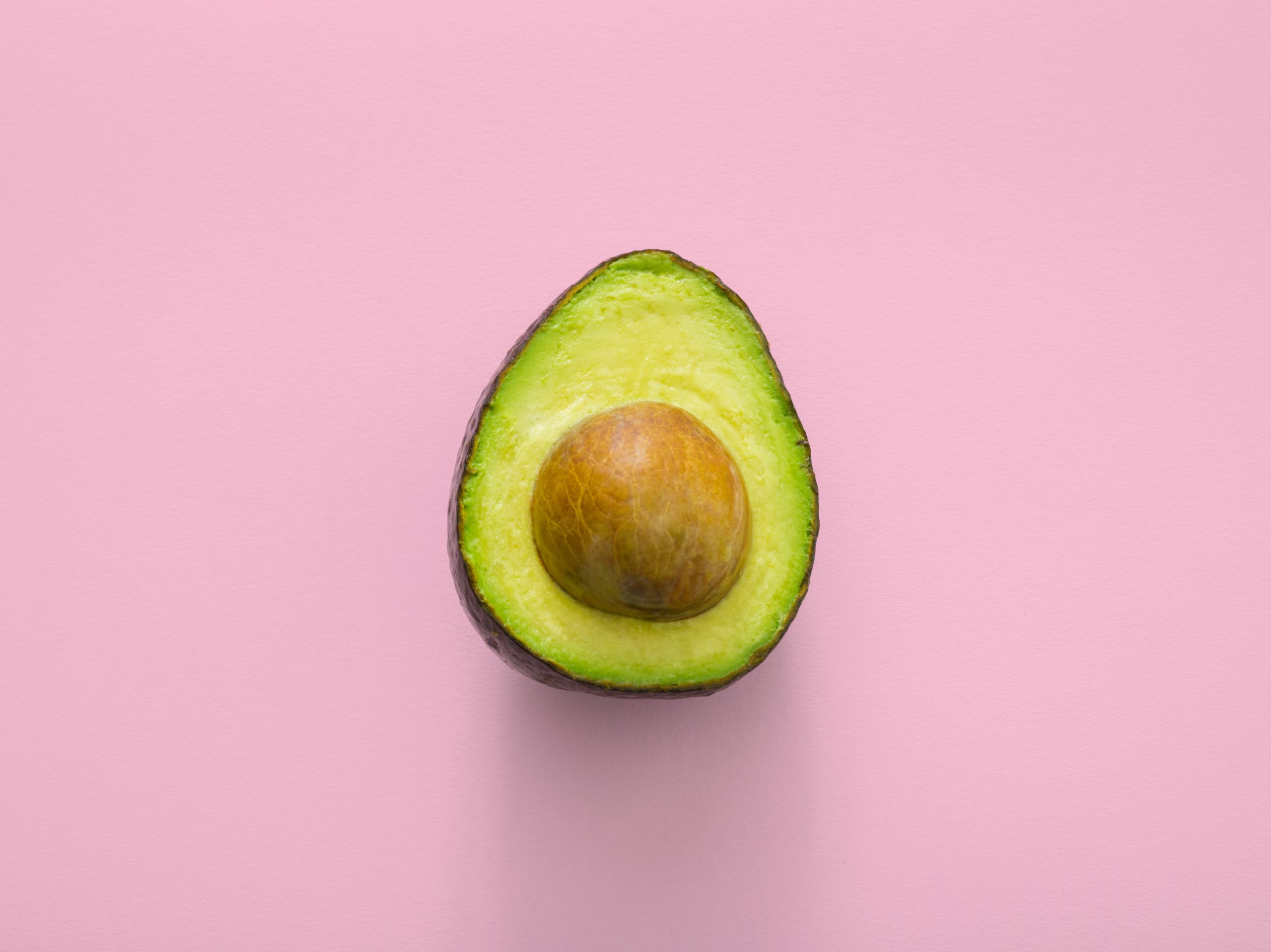Trying to conceive is an exciting journey, but it can also come with its share of challenges. One important factor that can influence fertility is diet. A balanced and nutrient-rich diet can support reproductive health, while certain foods may hinder your chances of conception. Here’s a comprehensive guide on what to eat and what to avoid when trying to conceive.
Foods to Eat When Trying to Conceive
- Fruits and Vegetables
Incorporate a wide variety of colorful fruits and vegetables into your diet. These foods are rich in essential vitamins, minerals, and antioxidants, which can help improve fertility. Leafy greens (like spinach and kale) are particularly beneficial due to their high folate content, which is crucial for reproductive health. - Whole Grains
Whole grains, such as quinoa, brown rice, and whole wheat bread, are a great source of complex carbohydrates. They provide stable energy levels and help maintain balanced blood sugar levels, which is essential for hormonal balance. - Healthy Fats
Incorporating healthy fats from sources like avocados, nuts, seeds, and olive oil can be beneficial. Omega-3 fatty acids, found in fatty fish (like salmon and sardines) and flaxseeds, are particularly important for hormone production and overall reproductive health. - Lean Proteins
Opt for lean sources of protein, such as chicken, turkey, tofu, and legumes. These foods provide essential amino acids that are important for hormone regulation and can support ovulation. - Dairy Products
Moderate consumption of full-fat dairy products may be advantageous. Research suggests that full-fat dairy can help regulate hormones, while low-fat options might be linked to an increased risk of ovulatory infertility. However, it’s essential to consume dairy in moderation and choose low-sugar options. - Legumes and Beans
Foods like lentils, chickpeas, and black beans are excellent sources of protein and fiber. They help stabilize blood sugar levels and are rich in nutrients like folate and iron, both of which are vital for reproductive health. - Hydration
Staying hydrated is crucial for overall health and can aid in maintaining optimal bodily functions. Aim to drink plenty of water throughout the day and consider herbal teas that support fertility, like red clover or nettle tea.
Foods to Avoid When Trying to Conceive
- Processed Foods
Highly processed foods, often high in trans fats, sugar, and unhealthy additives, can negatively impact hormone levels and overall health. Limit consumption of fast foods, sugary snacks, and pre-packaged meals. - Refined Carbohydrates
Foods like white bread, pastries, and sugary cereals can cause blood sugar spikes and hormonal imbalances. Instead, choose whole grain options that provide sustained energy. - High-Mercury Fish
Certain fish, like shark, swordfish, and king mackerel, contain high levels of mercury, which can affect fetal development. Opt for low-mercury options, such as salmon and sardines, and limit consumption to 2-3 servings per week. - Caffeine
Excessive caffeine intake can impact fertility by affecting ovulation and hormone levels. It’s advisable to limit caffeine consumption to 200-300 mg per day (about 1-2 cups of coffee) when trying to conceive. - Alcohol
While moderate alcohol consumption may not be harmful for everyone, it can negatively impact fertility for some. It’s best to avoid alcohol entirely when trying to conceive, as it can affect hormone balance and ovulation. - Soy Products
Some studies suggest that excessive consumption of soy products, which contain phytoestrogens, may disrupt hormone levels. While moderate intake is generally safe, consider limiting soy-based foods like tofu and soy milk. - Artificial Sweeteners
Some research has raised concerns about the potential effects of artificial sweeteners on fertility. If you’re trying to conceive, it may be wise to limit or avoid products containing these sweeteners.
Final Thoughts
When trying to conceive, focusing on a balanced and nutritious diet is vital for both partners. While there’s no guaranteed “magic” food that will ensure conception, making healthy dietary choices can improve overall reproductive health and increase your chances of success. Always consult with a healthcare provider or a registered dietitian for personalized advice tailored to your specific needs. Remember, a healthy body leads to a healthy mind, and both are crucial for embarking on the journey of parenthood.
